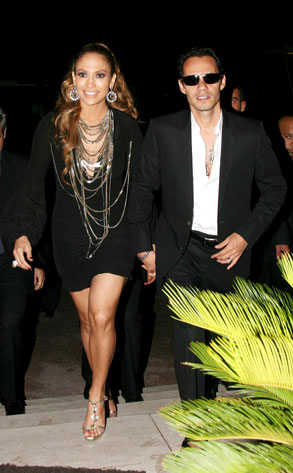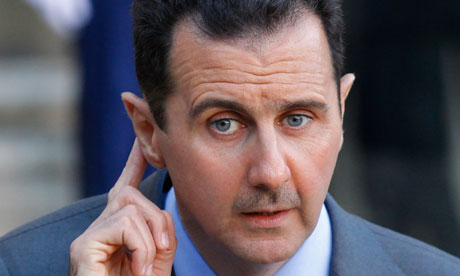The hacking scandal currently shaking Rupert Murdoch’s empire will surprise only those who have willfully blinded themselves to that empire’s pernicious influence on journalism in the English-speaking world. Too many of us have winked in amusement at the salaciousness without considering the larger corruption of journalism and politics promulgated by Murdoch Culture on both sides of the Atlantic.
The facts of the case are astonishing in their scope. Thousands of private phone messages hacked, presumably by people affiliated with the Murdoch-owned News of the World newspaper, with the violated parties ranging from Prince William and actor Hugh Grant to murder victims and families of soldiers killed in Iraq and Afghanistan. The arrest of Andy Coulson, former press chief to Prime Minister David Cameron, for his role in the scandal during his tenure as the paper’s editor. The arrest (for the second time) of Clive Goodman, the paper’s former royals editor. The shocking July 7 announcement that the paper would cease publication three days later, putting hundreds of employees out of work. Murdoch’s bid to acquire full control of cable-news company BSkyB placed in jeopardy. Allegations of bribery, wiretapping, and other forms of lawbreaking—not to mention the charge that emails were deleted by the millions in order to thwart Scotland Yard’s investigation.
All of this surrounding a man and a media empire with no serious rivals for political influence in Britain—especially, but not exclusively, among the conservative Tories who currently run the country. Almost every prime minister since the Harold Wilson era of the 1960s and ’70s has paid obeisance to Murdoch and his unmatched power. When Murdoch threw his annual London summer party for the United Kingdom’s political, journalistic, and social elite at the Orangery in Kensington Gardens on June 16, Prime Minister Cameron and his wife, Sam, were there, as were Labour leader Ed Miliband and assorted other cabinet ministers.
Murdoch associates, present and former—and his biographers—have said that one of his greatest long-term ambitions has been to replicate that political and cultural power in the United States. For a long time his vehicle was the New York Post—not profitable, but useful for increasing his eminence and working a wholesale change not only in American journalism but in the broader culture as well. Page Six, emblematic in its carelessness about accuracy or truth or context—but oh-so-readable—became the model for the gossipization of an American press previously resistant to even considering publishing its like. (Murdoch accomplished a similar debasement of the airwaves in the 1990s with the—tame by today’s far-lower standards—tabloid television show A Current Affair.)





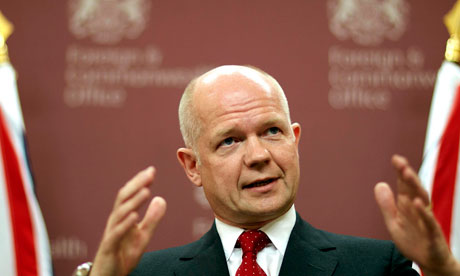



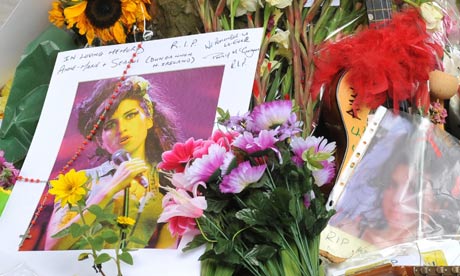




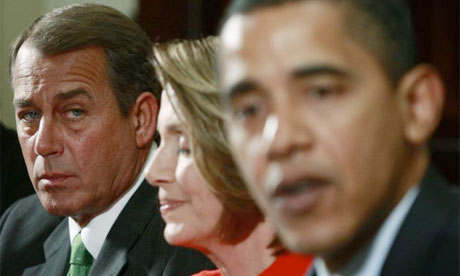
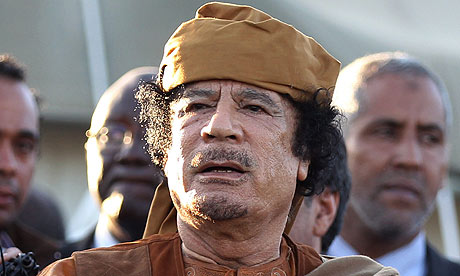

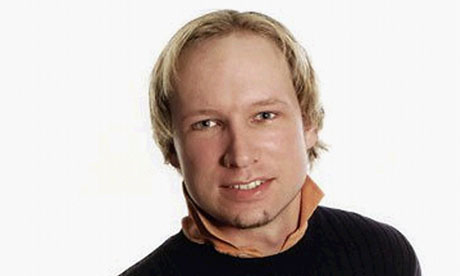 Anders Behring Breivik, the man accused of the murder of at least 92 Norwegians in a bomb and gun massacre, boasted online about his discussions with the far-right English Defence League and other anti-Islamic European organisations.
Anders Behring Breivik, the man accused of the murder of at least 92 Norwegians in a bomb and gun massacre, boasted online about his discussions with the far-right English Defence League and other anti-Islamic European organisations. Several people have been injured in a large explosion which has damaged government buildings in central Oslo, including the office of the Norwegian prime minster.
Several people have been injured in a large explosion which has damaged government buildings in central Oslo, including the office of the Norwegian prime minster.



 When it comes to curves, Sofia Vergara's motto is straight to the point: If you got it, flaunt it.
When it comes to curves, Sofia Vergara's motto is straight to the point: If you got it, flaunt it. 


 What do you get the person who has everything on their wedding day? If it’s Kim Kardashian, a series of pricey vases and a clock that tells extra special time (it better anyway, it costs over $1,000), apparently.
What do you get the person who has everything on their wedding day? If it’s Kim Kardashian, a series of pricey vases and a clock that tells extra special time (it better anyway, it costs over $1,000), apparently.
